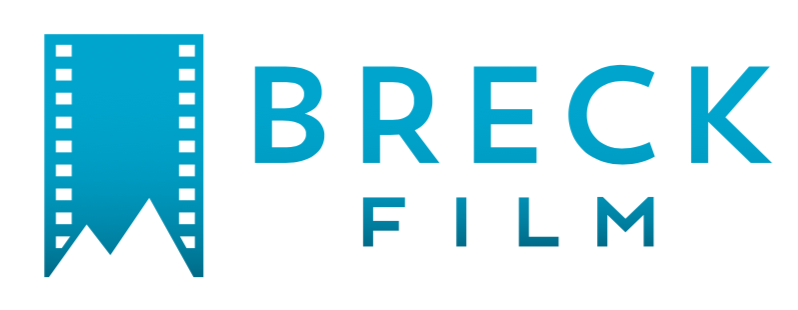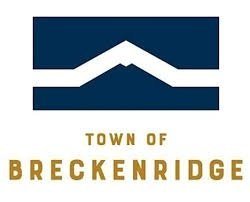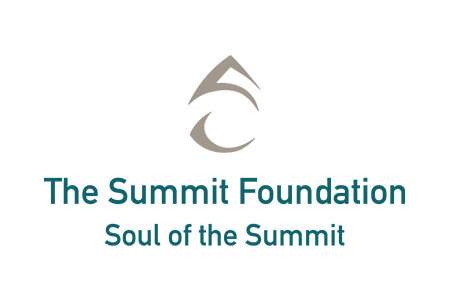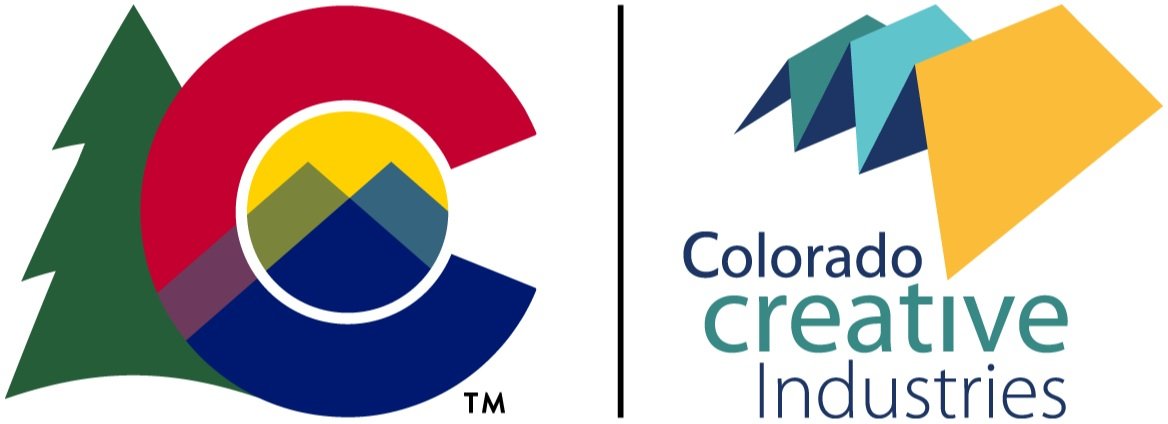FILMMAKER OF THE MONTH • JANUARY 2020 • KSENIA IVANOVA
/Ksenia Avonavi (Ksenia Ivanova)
January 2020 Filmmaker of the Month
Professional Bio:
The director of Jack and Anna, Ksenia, is a Chicago-based filmmaker. Originally from Russia, she has dreamed of being a filmmaker since her childhood and began to write short stories in her teen years. Ksenia attended The Russian State University of Cinematography (VGIK) and while a student worked on Russian TV shows for several years. After graduating from Moscow Film School, she continued to work on TV shows and made three independent projects as a film producer and director - one narrative and two documentaries on social issues. Later Ksenia applied to several Master of Fine Arts programs in the US and Canada. She chose Columbia College in Chicago where she received a Full Tuition Award and in 2016 Ksenia began Columbia’s MFA program. There she worked as a teaching assistant and had her internship on the set of Widows, the most recent Steve McQueen film. Ksenia’s latest television experience was working as an assistant in the location department on Chicago Med TV Series. She’s currently working at Questar Entertainment.
Ksenia’s films have been screened at a multitude of film festivals around the globe where she has won quite a few awards. Inspired by her own experience, Ksenia is interested in stories that show human strength and willpower. She won The Albert P. Weisman Award, Carole Fielding Student Grant and The Arch and Bruce Brown Foundation Grant to make her thesis Jack and Anna. She is also a recipient of The Lya Dym Rosenblum Professional Development Award. Her thesis film Jack and Anna is currently running through the festival circuit. It has recently won the Best Global Short: Beyond the Rainbow Award at the 2019 SCAD Savannah Film Festival and was an official selection of the 28th St. Louis Film Festival in the Oscar® Qualifying Category.
Learn more about Ksenia here; Learn more about Jack and Anna here.
Filmmaker Interview with Ksenia Ivanova
1. Tell us your backstory. How and why did you get into filmmaking?
I started watching movies when I was a child. My father bought a video player, and this is how I opened the cinema to myself. I was watching everything from the old Hollywood classic to modern French comedies. I love Soviet Cinema. I love French and Italian cinema, but American cinema was always very special to me. I remember watching Home Alone and dreaming of going to Chicago one day. It seemed almost impossible, but I was finally able to come to Chicago to study and continue growing as a filmmaker. I became completely obsessed with film when I was young, and I have never seen myself anywhere else besides filmmaking. My family went through a great deal in Russia during the 90s. We lost everything and my dream of becoming a filmmaker was the only thing that pushed me forward. At the time, people around me didn’t take my conversations about a career in filmmaking seriously, but I never gave up on my dream. I always knew I would find a way.
2. What are the specific qualities that, in your opinion, make a film great?
I think that people watch films because they are touched emotionally, and emotions are born when a great story is told. All great films tell unique stories. As an audience, we follow the main character's journey and go through the same emotional experience. This is what makes films great, in my opinion. We relate to the character in joy or in sorrow. Great films unite people. Very often I catch myself observing people in the theater and sometimes these amazing moments will occur. I remember watching Coco, one of the greatest animations with an incredible story, and a family was sitting next to me. At some point, the children started crying, then the parents, and suddenly I couldn’t resist – I began crying. I think it happened because the story was so touching and so personal to everyone.
3. What films have been the most inspiring or influential to you and why?
The Shawshank Redemption will always hold a special place in my heart. It’s very personal to me and it’s such a powerful symbol for freedom. It’s also a great film about a friendship that is one of a kind. To me, this film is perfect in every possible way. I watch it from time to time, discovering interesting moments and details in acting or cinematography. Another film that influenced me was The Piano by Jane Campion. It was one of the first films I ever saw, and it will always be very special to me. It’s a beautiful, powerful and feminist story. I hope one day I will be able to direct a film like The Piano. I am also a big fan of Christopher Nolan. He is my favorite director. He is so visual, and a genius of suspense. Even though his work has a dark tone, it gives you hope or some sort of emotional satisfaction, which is why it inspires me. Nolan leads you through a very dark journey but awards you with a light at the end.
4. What’s harder? Getting started or being able to keep going? And what drives you to continue making films?
Both. I believe it depends on your background and what kind of support you have. If you’re a filmmaker with a few connections, then it won’t be easy to either start or keep going. Once you have made one film, you don’t want to stop. You want to keep growing as a professional and you will face new challenges over and over daily. Projects become more complicated and bigger, which means that you need more resources to make them. Sometimes I don’t know why I keep making films because it is very stressful. Perhaps, I desire to follow my childhood dream or it’s just who I am. I can’t live without creating. I try to make something all the time.
5. How do you know when your story’s finished, when to walk away?
I don’t think that a story is ever completely finished. However, at some point, I feel something clicks inside of me and I sense that it’s over. With my previous projects, I only felt this when we officially ended the festival circuit. While a film still screens somewhere, I don’t feel that the story is quite finished because people still watch it and have various reactions to it. But when the screenings come to an end, there is still some spaces to be filled. I recently watched the first film I ever made, and I began thinking about how would I make it differently now? This creative process never actually stops and therefore the story just keeps going.
6. How many films have you completed? What is your favorite project you have worked on and why?
I have made 8 short films, not counting TV shows I’ve worked on in both Russia and Chicago. Jack and Anna is my favorite project because of the people who worked on it. Many of them also worked with me on previous projects, but Jack and Anna was the biggest one for all of us. I feel so lucky and blessed to be able to team up with such great, young talent. Making this film, also contributed greatly to my professional growth.
7. Where do you get your inspiration from?
My main source of inspiration comes from other films and TV shows. I watch them constantly, and they have been my inspiration. Filmmaking is a non-stop learning process, and I enjoy watching movies and TV series. Today there are so many films that I feel a bit overwhelmed by sometimes, but I am happy that we have a variety of projects.
8. What is your favorite aspect of film production?
I would say that each part of film production whether it’s pre-production, production, post-production or distribution has its unique charm. Production is my favorite, and there is nothing like being on set. And the best part of the film production, of course, is being able to work with such a diverse amount of creative people. Filmmaking is all about teamwork and I love it.
9. Why did you choose to submit to the Breckenridge Film Festival? What do you look for in a festival where you hope to show your film?
I have heard many good things about the Breckenridge Film Festival. It’s one of the oldest film festivals in the country and its reputation speaks for itself. Another important factor for me was that the original story of Jack and Anna occurred in Colorado and I wanted to screen it in the state where the actual event happened. It was symbolic for me. The audience reaction is very important, and I was amazed by how positively people in Breckenridge reacted to my film. People came up to me after the screening; some of them hugged and thanked me. It was quite touching.
10. You are a collaborator. Did you make any connections at the Breckenridge Film Festival that have led to collaborations with other filmmakers?
I took a part in the panel for women-filmmakers where I met Nikki Tomlinson, an amazing artist. She is an actress, a stuntwoman and producer. We began communicating with each other after Breckenridge and I hope that we can work together one day.
11. Can you describe the business behind independent filmmaking and how you are trying to get your film seen?
Being an independent filmmaker becomes more challenging each year. So many people want to work in the industry and funding for independent filmmakers is limited. You must be extremely determined to make a film plus have the patience and diligence to finish a project through, regardless of the amount of time it takes. Festivals are the only option for many projects to be seen and reviewed. When you’re planning a film budget, the distribution part also needs to be included. Most of the festivals require fees and you end up spending several thousand dollars on submissions only. But as I said, the festivals stay very essential for independent filmmakers. If you’re fortunate enough to be selected or win something in a world-known festival, then you may get a chance for distribution through Amazon or other new streaming platforms. For short films, distribution is even more challenging.
12. What are the hurdles you have had to overcome in order to recoup the costs of producing the film? (If you feel comfortable discussing exact financials, you are welcome to do so.)
To date, I haven’t recouped the costs of producing Jack and Anna, and I doubt that I will. The positive aspect is that this project was primarily financed by different grants, very little personal capital was involved. This film was produced for my degree and my portfolio, and I am quite happy about how it has turned out so far.
13. What are the next project or projects you are beginning work on?
I am currently working at Questar Entertainment – the oldest distribution company in the Midwest. It has several divisions, plus a small production unit. I am involved in multiple projects, and I am pleased that my creative skills are useful here. I am assisting with the shooting of original travel content; editing and working with different distribution platforms. I also have an idea for a feature film that I plan to develop.
14. If there is one or more thing you think would make the film industry better, what would it be?
Listening to and encouraging new voices would make the industry better. I can see a positive dynamic, but still we need more opportunities for young filmmakers, minorities, and women. Our industry is still far from being ideal. We also need more financial support; the financing for independent filmmakers is very limited. And I would say that the bigger studios need to open more programs for people who are seeking opportunities to work in the film industry. This business is built on networking and connections and it always will be, but I believe that people who are passionate about filmmaking should have a chance. I hope that we will see more of this soon. Films help us to know one another better and I am looking forward to seeing projects that offer a voice to our cultural diversities.














